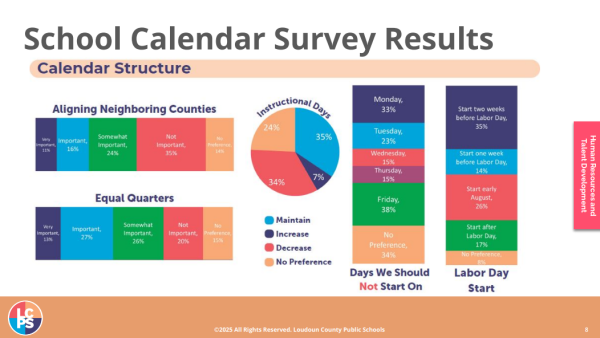The College Admissions Process Changes for the Class of 2021
With distance learning impacting so much of the typical high school experience, colleges are greatly adjusting their admissions process.
Courtesy ncapplyforcollege.org
Seniors face unprecedented uncertainty when it comes to the college admissions process.
As COVID-19 swept across the country this year, closing down schools and changing their last year of high school drastically, many seniors have been left wondering what will become of their college application process and a decision that will impact the next four years of their lives. Combined with the resulting struggles of testing availability and traditional contact with universities, colleges are now responding to concerns with changing admission requirements that students need to know.
The major difference as compared to previous years currently revolve around testing availability for the SAT and ACT, and whether or not they are required for students’ applications to certain colleges. As it turns out, a majority of schools in the country have decided to go test-optional this year – operating on the assumption that testing was not available. The growing list of over 400 schools taking part in this decision can be seen below: https://www.ivywise.com/blog/colleges-going-test-optional-for-2020-21-admissions-cycle/
“Students are welcome to submit [test scores], and we will look at them if they’re submitted, but they don’t sway our admissions decision one way or another,” Christian Burnett, an admissions’ officer at William and Mary, elaborated.
However, those who do have the opportunity most definitely should do so. “I hope every senior has taken advantage of the SAT Day program. In addition to the School Day SAT, Dominion has made a commitment to offer the SAT on the Saturday test dates as long as our conditions do not deteriorate,” explained David Edwards, the head counselor at Dominion High School.
Consequently, this lack of requirement will bring a closer focus to other parts of the application, such as the essay response, letters of recommendation, and overall academic performance. “It puts more emphasis on the other application requirements. The essay is just as important as the transcript as are the letters of recommendation and the extracurriculars,” commented Burnett, who even described the essay as “his favorite portion” of an application.
While some students worry about the limited access they’ve had to their application-boosting extracurriculars this year, and how it will affect their admissions, colleges are well aware of the struggles we’ve had so far. Many of them have guaranteed thorough research will be done for each school to remain knowledgeable on their policies and cancellations pertaining to the virus. “We want to make sure that every student does kind of have a good opportunity or just takes advantage of the opportunity that they’re given,” remarked Robert Aveson, an admissions officer at VCU.
As deadlines have historically caught many people off guard, officers and counselors advise students to start early on their applications and to not get sidetracked by low priority elements. Chris Carlberg, a JMU admissions officer, recommends students use “a to do list and put some things in your calendar, or whatever kind of process that you use to keep yourself on track to make sure that you don’t miss some things like that and reach out to your counselors for help” during this process.
Edwards suggests that, during this time, seniors should “focus on high leverage activities over which you have control, [which] include completing your college applications and essays, providing recommenders with high-quality information about yourself so they can write amazing letters of recommendation, or demonstrating interest in colleges.”
Overall, research will become the most critical part of this year’s application cycle. As the requirements for different colleges vary, especially now, it’s imperative to know what you need to meet the needs of every school you are applying to. Cathy Ganley, senior advisor at ForWord College Counseling, explained, “What we’ve assumed is going to happen in the past, it may not happen in the future.” For example, Virginia Tech has and will not be accepting letters of recommendation while others are placing a higher emphasis on them this year.
Furthermore, colleges want to know you are interested in them, so reaching out – whether that is to ask questions or make connections, can make the difference between getting in and otherwise. For example, Ganley frequently poses these questions to her clients: “What are you doing as a student to engage with the university? How are you letting them know that you’re interested? How are you getting your questions answered?”
Many admissions officers, like Burnett, want the seniors to know “that [they] are not trying to add any stress or anxiety to already full plates. [They] are going to do [their] utmost best to make sure your application is reviewed as carefully and thoughtfully as possible.” Everyone just wants to help you during this time, including our counselors and the officers, so the best thing will be to take advantage of all the resources you can get your hands on and ask for help.

Neena Peterson, the Co-Editor-in-Chief, is a four year reporter for DHS Press, first writing for the newspaper in 2018. They prefer to focus on pieces...








